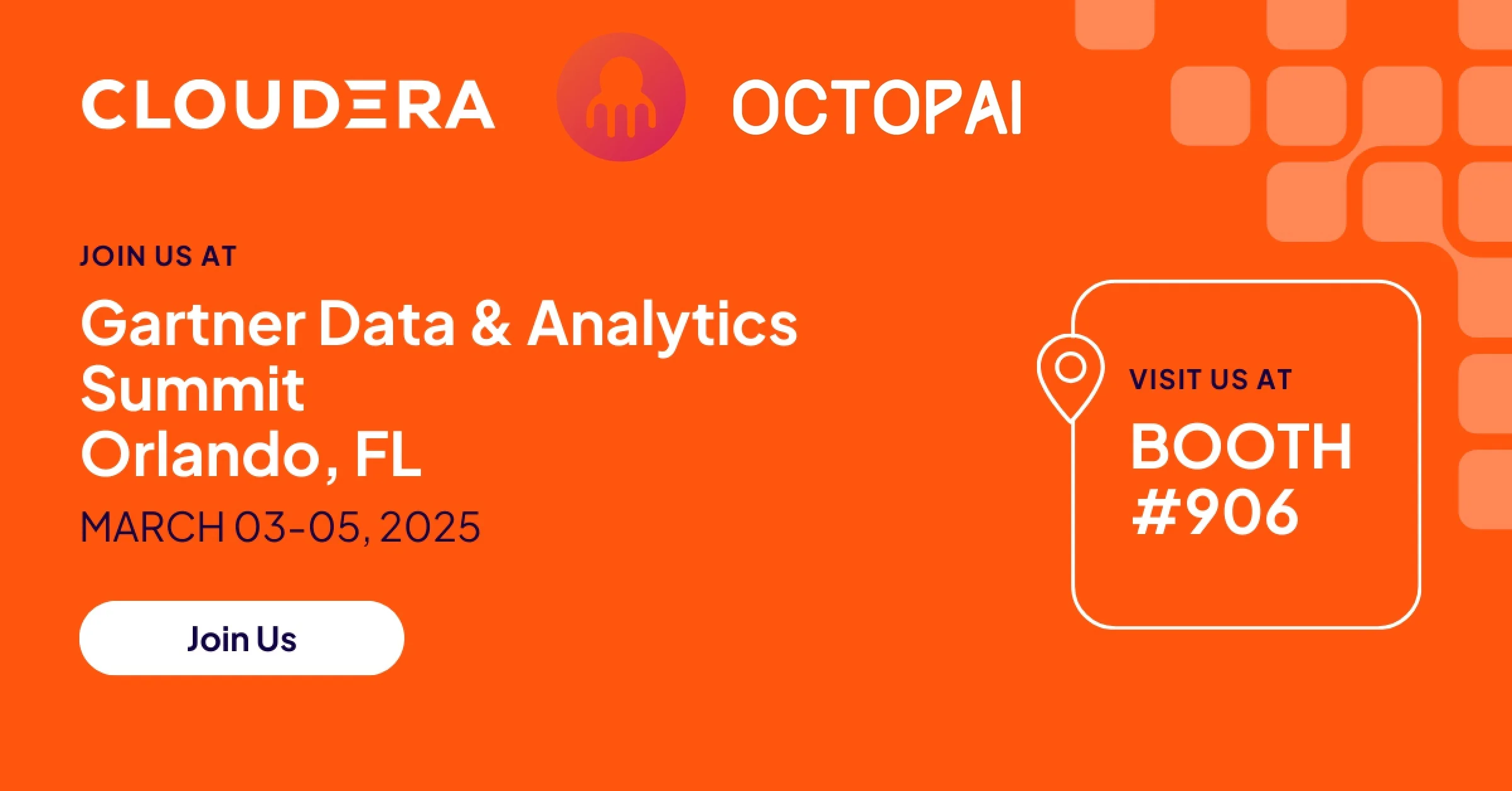We’ve talked a lot about the General Data Protection Regulation (GDPR) and how crucial it is for enterprises to have their metadata in order for compliance, but we haven’t addressed the data hungry AI industry much. Octopai CEO Amnon Drori provides his own insight on the role metadata management has in helping AI companies as they prepare for GDPR in the recent PCMag article “How GDPR Will Impact the AI Industry”.
Journalist Ben Dickson writes that “the new [GDPR] rules will force AI companies to be more meticulous about the data they collect as opposed to becoming engaged in wanton hoarding, processing, and sharing of user information”, but will these companies actually be able to comply with the rigid demands of GDPR?
The answer is yes, but not easily and not without leveraging technologies like Octopai to help them get there.
Octopai & The Right to be Forgotten
GDPR stipulates that organizations collecting personal identifiable information (PII) about Europeans must be able to prove erasure of any particular PII if requested to do so by the data subject. As any given organization typically uses a number of different reporting systems, this is no walk in the park.
“Under GDPR, if a company wants to erase a specific PII, then they have to ensure it’s erased everywhere,” says Amnon Drori, CEO of Octopai. Performing this task manually when your organization’s data is scattered across different BI reporting systems is extremely difficult.
For instance, when deleting a user’s credit card number (certainly a sensitive piece of information), companies will have to look into every report, database, database object, and ETL where the information is stored. “Sometimes we see different metadata names for the same item: for example, ‘credit card number’, ‘cc number’, credit c number’, ‘card number’, ‘credit card no.’…the list goes on and on,” says Drori. It is often impossible to know where to look and the process can take weeks or even months, and like many manual processes, it is prone to human error and inaccuracies, Drori says.
GDPR will also raise the cost of human mistakes in handling data. “This is why so many companies today are seeking an automated solution to accurately manage their metadata,” Drori says.
Octopai’s AI-powered metadata management tool centralizes and analyzes all of an organization’s metadata from multiple systems and stores it in a centralized repository so users can quickly locate their data, view complete data lineage and understand cross connections.
What about the future of AI innovation?
PCMag asked several experts in the space about their thoughts on the impact GDPR will have on the future of AI innovation, and the consensus was overwhelming that while GDPR will most definitely challenge AI companies, it will also push them to discover new ways to innovate that enable them to maintain standards of privacy and data protection.
“Innovation will not be hampered—but directed and motivated—by GDPR,” says Octopai’s Drori. Meanwhile, GDPR will also give rise to new businesses and technologies that will help organizations to achieve and maintain GDPR compliance.
Be sure to check out the whole article here!





